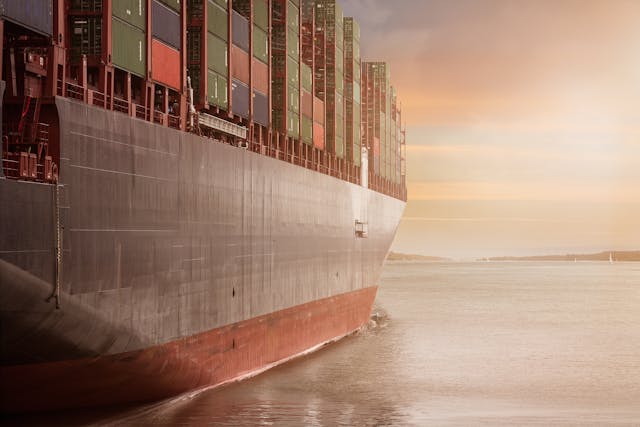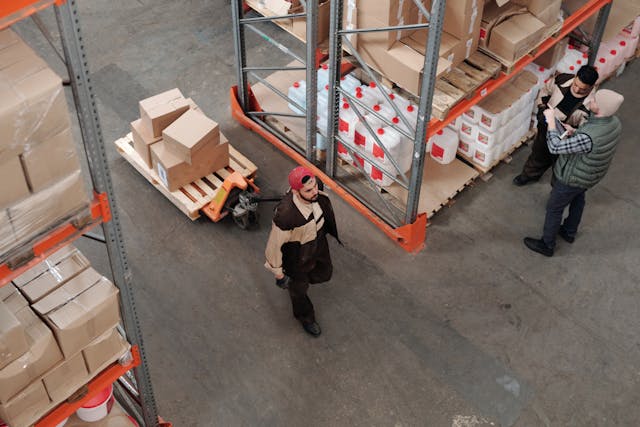- Sourcing internationally offers unique products and cost savings but includes challenges for new businesses.
- Language barriers can be mitigated by hiring translators or local agents for better communication.
- Complex shipping and quality control issues require partnering with logistics experts and setting clear specifications.
- Navigating legal and regulatory compliance is crucial, requiring consultation with international trade legal experts.
Sourcing materials from other countries can be an excellent way for new businesses to access unique products, lower production costs, and expand their reach in the global market. However, this process comes with its own set of challenges that can be daunting for businesses just starting out. This blog will explore common challenges that new companies may face when sourcing materials from other countries and provide tips on overcoming them.
Language Barriers
One of the biggest challenges when sourcing materials from other countries is the language barrier. Communication is vital in any business transaction, and being unable to effectively communicate with suppliers can lead to misunderstandings, delays, and even costly mistakes. To overcome this challenge, new businesses should consider hiring a translator or working with a local agent who can help bridge the language gap.
Shipping and Logistics
Sourcing materials from other countries often involves complex shipping and logistics processes that can be difficult for new businesses to navigate. Delays in shipping, customs issues, and unexpected fees can all impact a business’s bottom line. Even the process of paying for the services or products you’re trying to acquire can be a hassle.
To overcome this challenge, new businesses should work closely with experienced freight forwarders or logistics providers who can help streamline the shipping process and ensure timely delivery. You should also make use of convenient remittance services. Through these remittance services, you can transfer money to an account that your overseas suppliers hold in a more efficient and secure manner. Remittance services also offer competitive exchange rates, which can help save money in the long run.

Quality Control
Ensuring consistent quality of materials sourced from other countries can be a significant challenge for new businesses. Without being able to physically inspect the materials or visit the supplier’s facilities, it can be challenging to assess the quality of the products being sourced. Fortunately, there are many things you can do to mitigate this challenge. Here are four steps you can take to ensure quality control:
Establish Clear Specifications for the Materials You Need
Clarifying your expectations and specifications for the materials you need can help suppliers meet your standards and ensure consistent quality. This includes details such as size, weight, color, packaging requirements, and any specific certifications or standards that must be met.
Request Samples
Before committing to a large order, requesting samples from potential suppliers is essential. This will allow you to physically inspect the materials and test their quality. Request samples from multiple suppliers to compare and choose the best option if possible.
Conduct Virtual Inspections
Virtual inspections can be a helpful alternative when physical inspections are not feasible. This involves using video conferencing platforms to see the supplier’s facilities and production processes in real time. You can also ask for detailed photos and videos of the materials to further assess their quality.
Use Third-Party Inspection Services
Another option is to use third-party inspection services specializing in quality control for international sourcing. These companies can conduct on-site inspections and provide detailed reports on the quality of the materials, giving you an unbiased assessment of your potential suppliers.
Quality control is an essential aspect of international sourcing, and it requires proactive measures to ensure the materials meet your expectations. Following these four steps can mitigate the risk of receiving substandard materials and maintain consistent product quality. Additionally, maintaining open communication with your suppliers and promptly addressing any issues can further improve the quality of your materials.
Legal and Regulatory Compliance
Sourcing materials from other countries often involves navigating complex legal and regulatory frameworks that vary from country to country. New businesses must ensure that they comply with import/export laws, trade agreements, environmental regulations, and labor standards in their own country and the country they are sourcing materials from. Working with legal experts or consultants specializing in international trade can help new businesses navigate these legal complexities.
While sourcing materials from other countries presents unique opportunities for new businesses to access diverse products and lower costs, it also brings many challenges, such as language barriers, shipping logistics, quality control, and legal compliance.
By employing strategies like hiring translators, partnering with logistics experts, establishing clear specifications, conducting virtual inspections, and consulting with legal professionals, businesses can effectively navigate these challenges. Embracing these practices not only helps in overcoming obstacles but also positions new companies for success in the global market.






